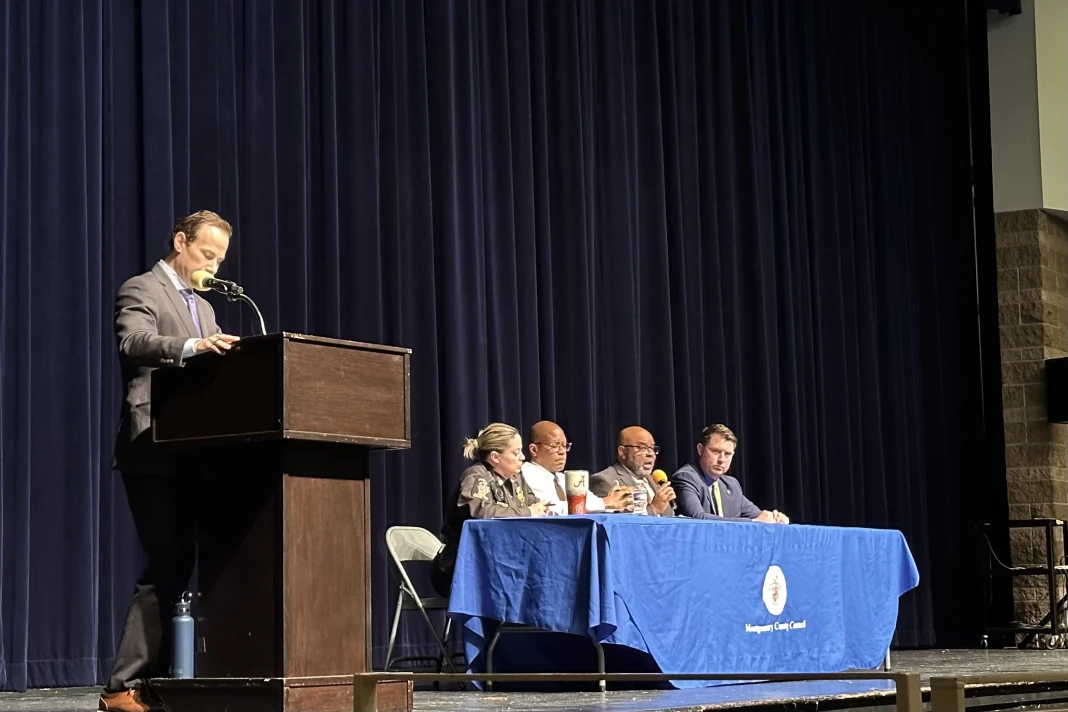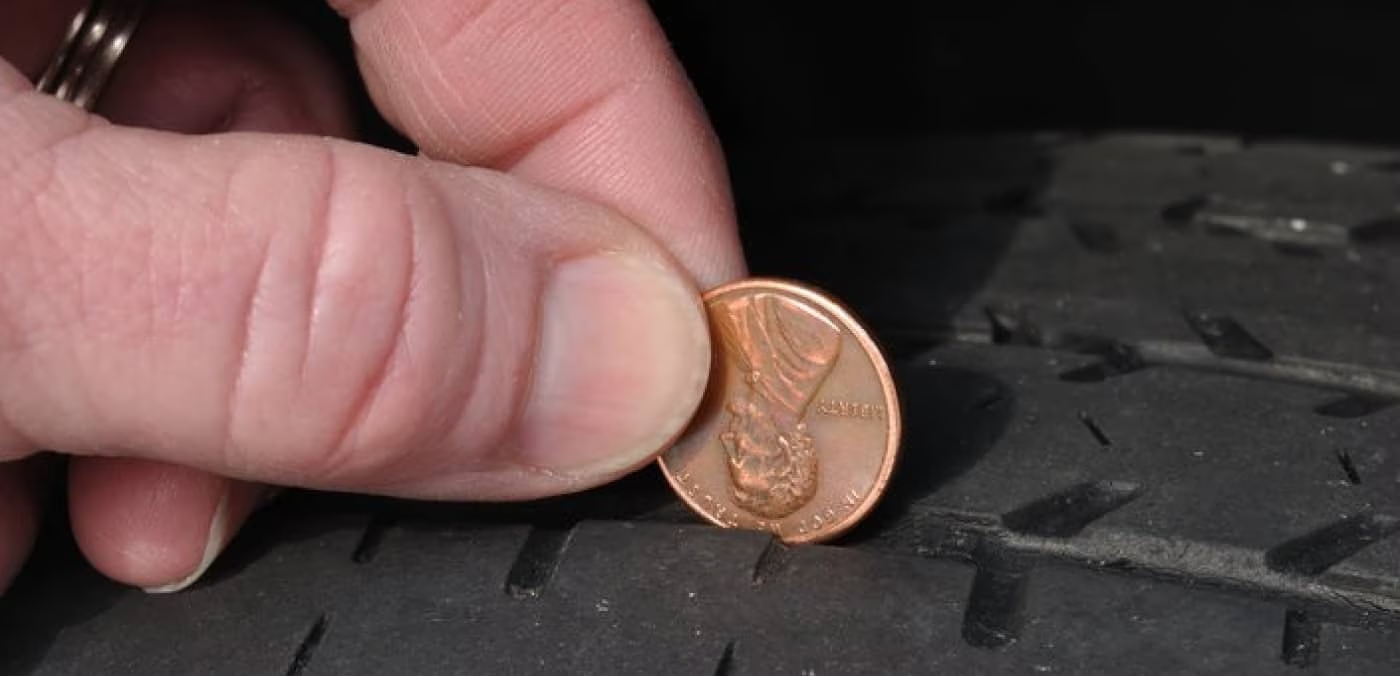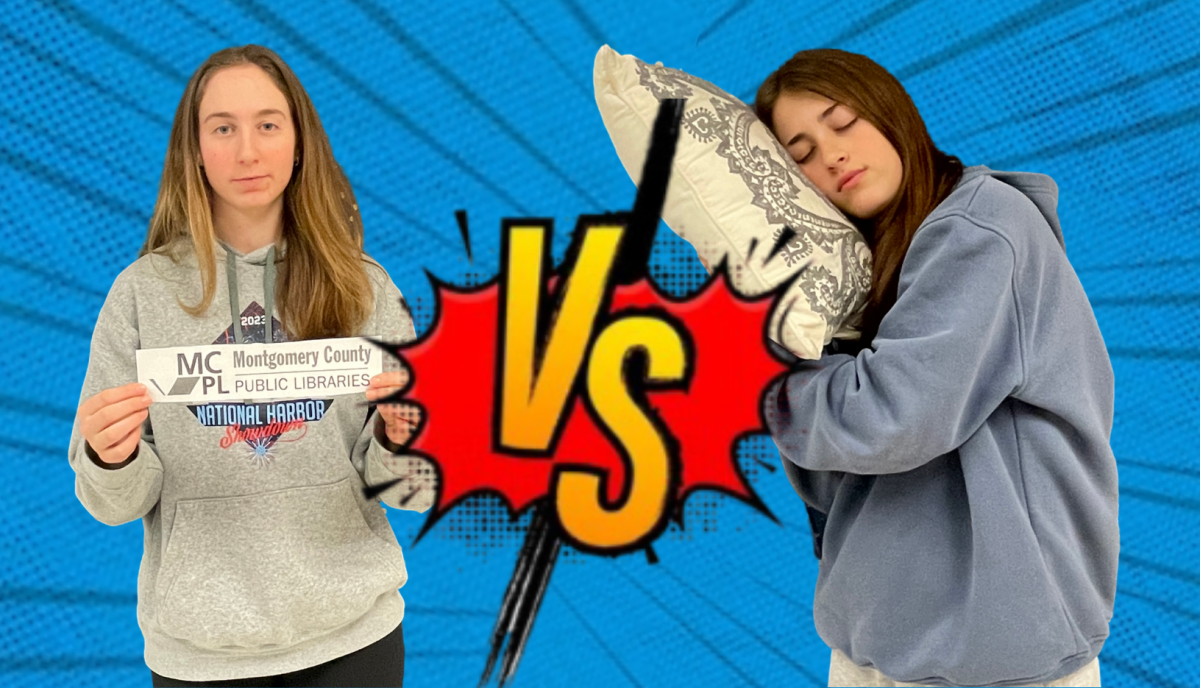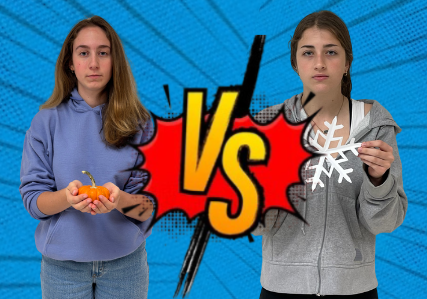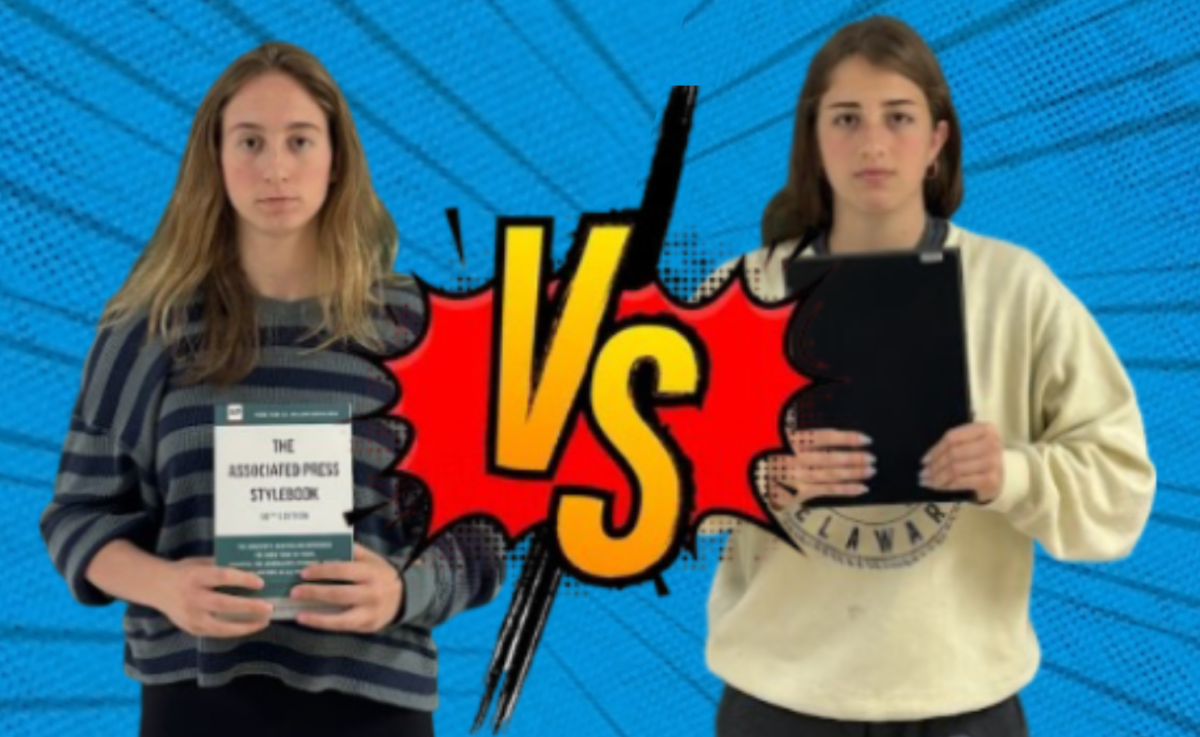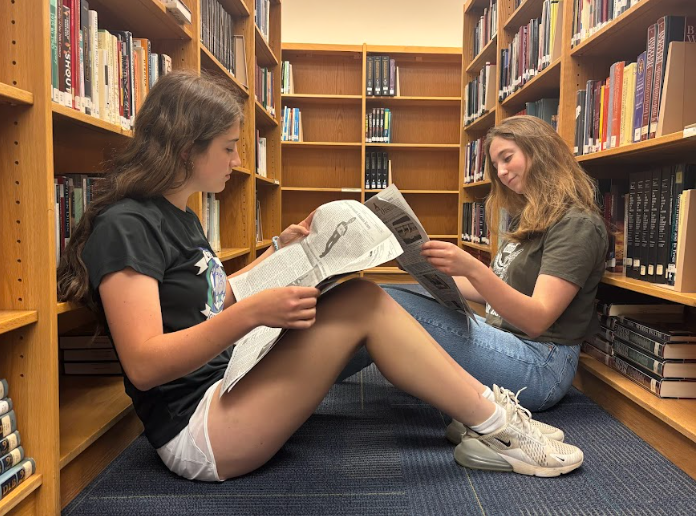“How dare you give my precious, precocious genius a failing grade?!!” the unnamed parent screams as they storm in through the classroom door, waving the offensive paper marked with a tiny red ‘B+’. Their tirade continues as their ire uncontrollably rises, demanding to talk to the administration, to the principal, to anyone who possesses the modicum of intelligence necessary to understand that their child’s future is on the brink of ruin.
“With all due respect, your child is in third grade,” the teacher, long-used to this verbal harassment by now, sighs without even glancing up. In countless academic environments around the world, but especially so in Potomac, this is not an uncommon occurrence. Snowplow parenting, popularly defined as the parenting style seeking to remove all obstacles from their child’s path, is an epidemic. Taking overprotective parenting to this extent ironically makes life harder for their children in the long run, both academically and personally, and it is long past time for this to change.
C.S. Lewis, the author of the famous “Chronicles of Narnia”, once advised, “Failures are finger posts on the road to achievement.” It goes without saying that to fail is a critical part of the journey of growth—and is painful. Especially at younger ages, the approach to failure they emulate by watching their parents can be formative to their philosophies for the rest of their lives; old habits die hard, and parental expectations never truly leave you.
The children of snowplow parenting, however, are not allowed to experience this critical stretch of their maturation. Absorbing both their parents’ warped definitions of failure and their aversion to the concept in itself, they grow to think that failure is unacceptable and can consequently work to avoid it at all costs.
Furthermore, without having built up an endurance to academic failure during their primary school years, they struggle all the more when they inevitably fail in their forays into higher education. Everyone deals with failure in different ways, whether that be through grieving over pints of mint chocolate chip ice cream before picking yourself back up (guilty), experiencing a surge in motivation, or whatever coping mechanism they find is right for them, but the key point is that they must find what is right for them. Learning how to grow from failure is undoubtedly a self-development journey with a steep learning curve, and by depriving their children of the time to grow, they are only hurting them in the long run.
In these attempts to protect their children from academic disappointment by overloading them with resources that leave no room for independence, they force them to rely on an elaborate support system of private tutors, academic centers, and their own presence as hovering, over-involved parents. When I first moved to Potomac, one of the things that surprised me the most was how big of a role institutions such as Kumon and C2 Education played in students’ academic lives. To me, this was a rather unwelcome change in the way the students and parents around me were approaching education, and made me feel trapped in a box to do the same (a prime example of academic peer-pressure!)
In my (perhaps naive) idea of good, effective parenting, regardless of whether the exact style is, the end goal should be to equip their children with the life skills that are necessary for their future. Spanning everything from teaching them how to be safe drivers (yet another thing Potomac parents don’t seem to be doing very well…) to how to grocery shop, this broad term also includes, as touched on before, independence.
The jump from high school to college is one off of a cliff, and as Montgomery County continues to coddle its students and snowplow parenting similarly expands, that cliff will only become higher and more dangerous. In college, students will not have the same tutors on hand to help them with every assignment or give them tailored packets to study for tests, and so they have not been given the opportunity to develop as a strong, independent student.
Last but not least, snowplow parenting means that those children are missing out on a crucial part of high school and their maturing process: being humbled. I cannot emphasize it enough — it is understandable for young children to loudly express that they are, as my younger brother used to say, “so very smart”, but once they hit the double digits, they need to become aware of the world around them.
There is a Korean proverb that I believe applies extraordinarily well to this idea, and that I wish could be plastered everywhere. The literal translation is “Above every running person is someone flying” (and once again I bemoan the gaps in English), but the meaning is that there is always going to be someone better than you, and that that is okay.
Potomac parents… this one was for you.
P.S. Jeremy, back to you 🙂



